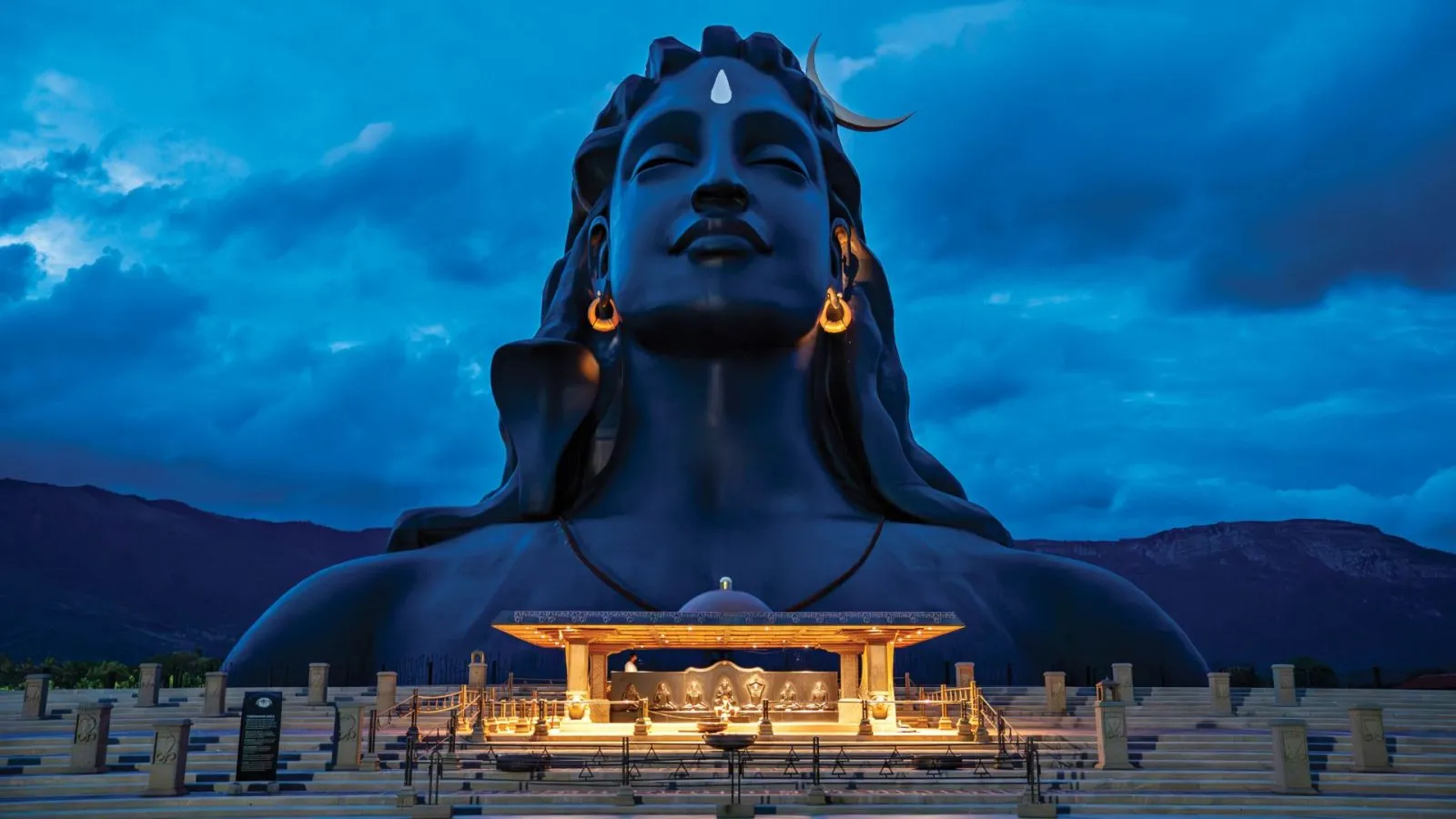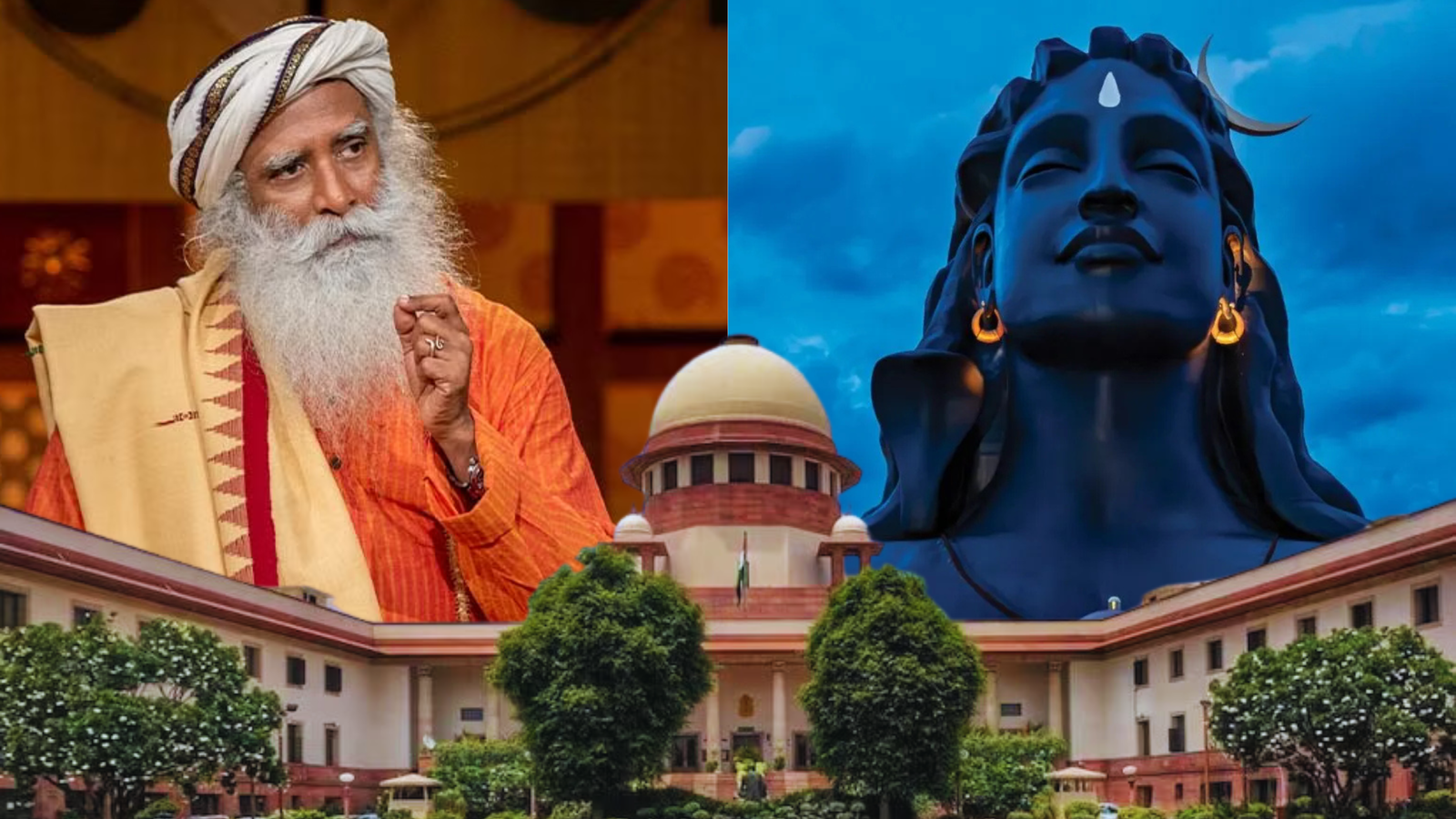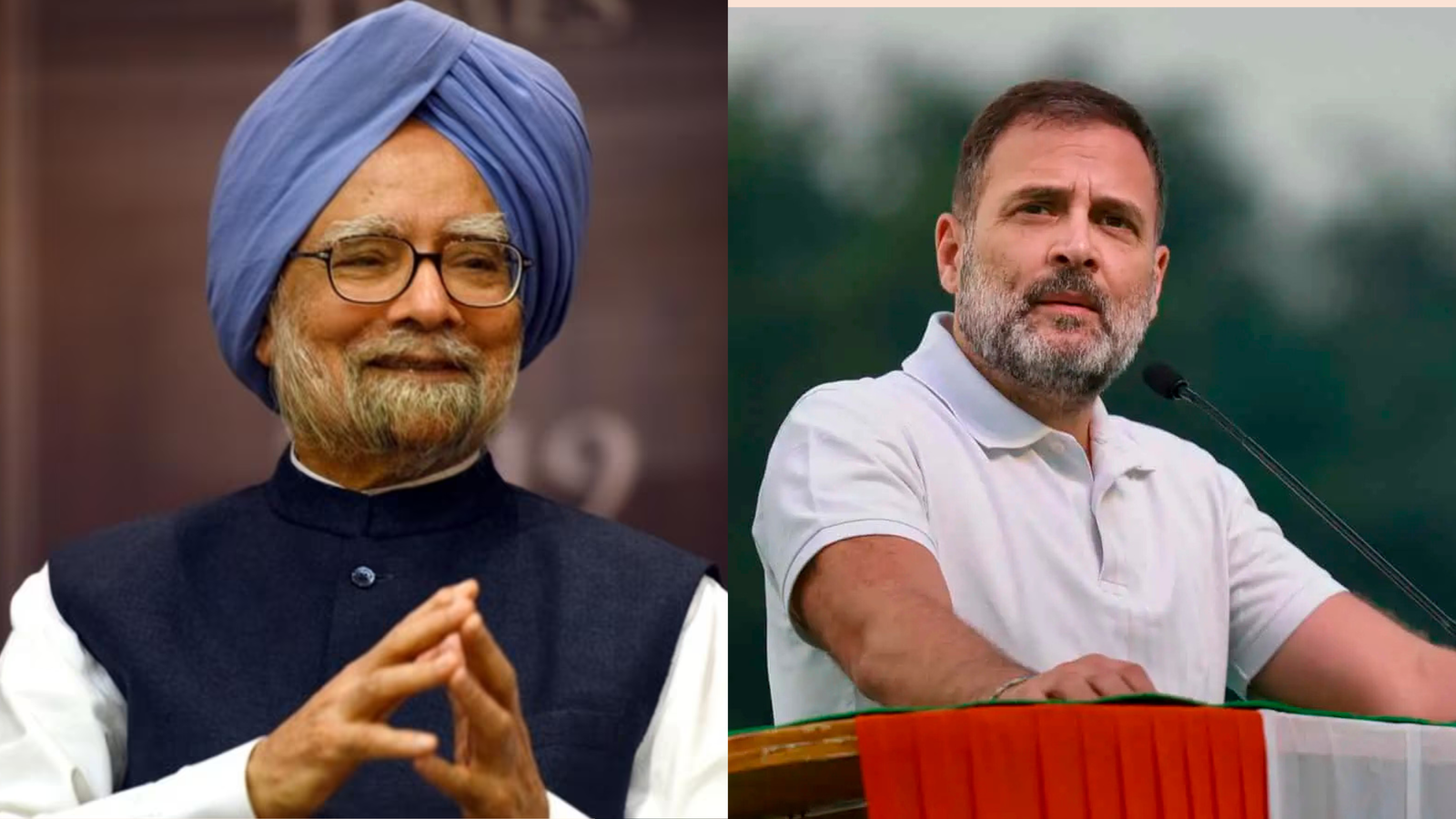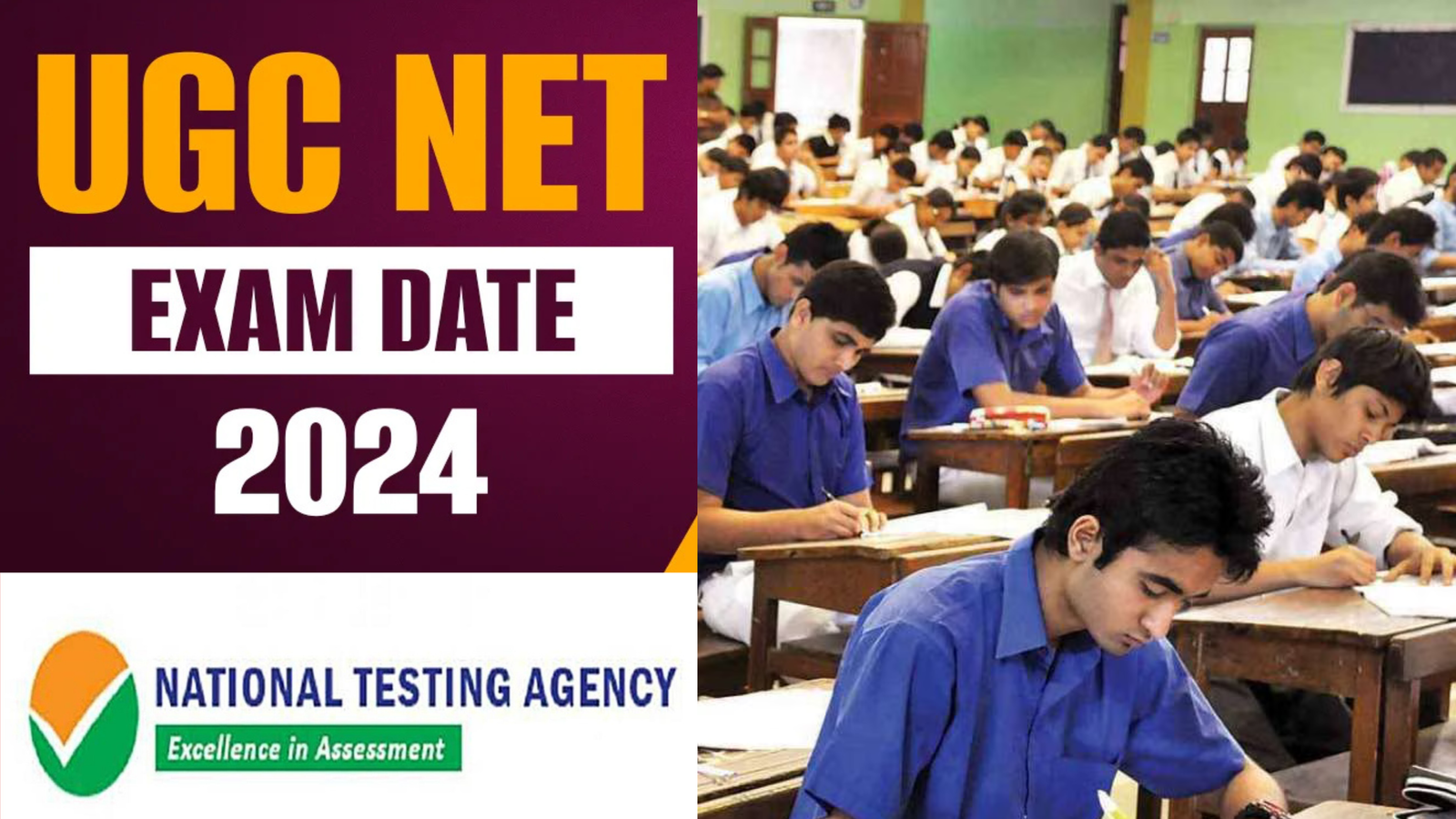Sadhguru’s Isha Yoga Centre Case
On October 18, the Supreme Court closed a habeas corpus petition filed by a father who claimed his two adult daughters were being illegally confined at the Isha Yoga Centre in Coimbatore. The decision followed the women’s statements that they were residing at the Ashram of their own free will.
Court’s Criticism of Madras High Court Directives
In its ruling, the Supreme Court criticized the Madras High Court’s earlier directives for a police inquiry into other allegations against the Isha Yoga Centre. The bench, including Chief Justice DY Chandrachud, noted, “Since both of them are adults, no further directions from the High Court are needed.”

Legal Representation and Arguments
Senior Advocate Mukul Rohatgi, representing the Isha Foundation, highlighted that the Tamil Nadu police had reported the women were voluntarily staying at the Ashram. He argued that continuing the habeas corpus petition was unwarranted and detrimental to the institution’s reputation.
Parental Concerns and Adult Autonomy
During the hearing, Chief Justice Chandrachud advised the father that as his daughters are adults, he could not impose control over their lives. The court expressed skepticism about the father’s motives, suggesting that his actions might not solely stem from parental concern.
Implications for Ongoing Investigations
The Supreme Court reiterated that its closure of the habeas corpus petition does not impede any ongoing police investigations regarding other allegations against the Isha Foundation, including regulatory compliance and a pending POCSO case.
Conclusion: Acknowledging Personal Freedom
The petition arose after the father alleged that his daughters were being “brainwashed” at the Isha Yoga Centre. Despite these claims, the women confirmed their autonomy and participation in activities, such as a recent marathon. The Supreme Court’s decision reinforces the notion that adult individuals have the right to make their own choices, even in the face of familial concerns.




